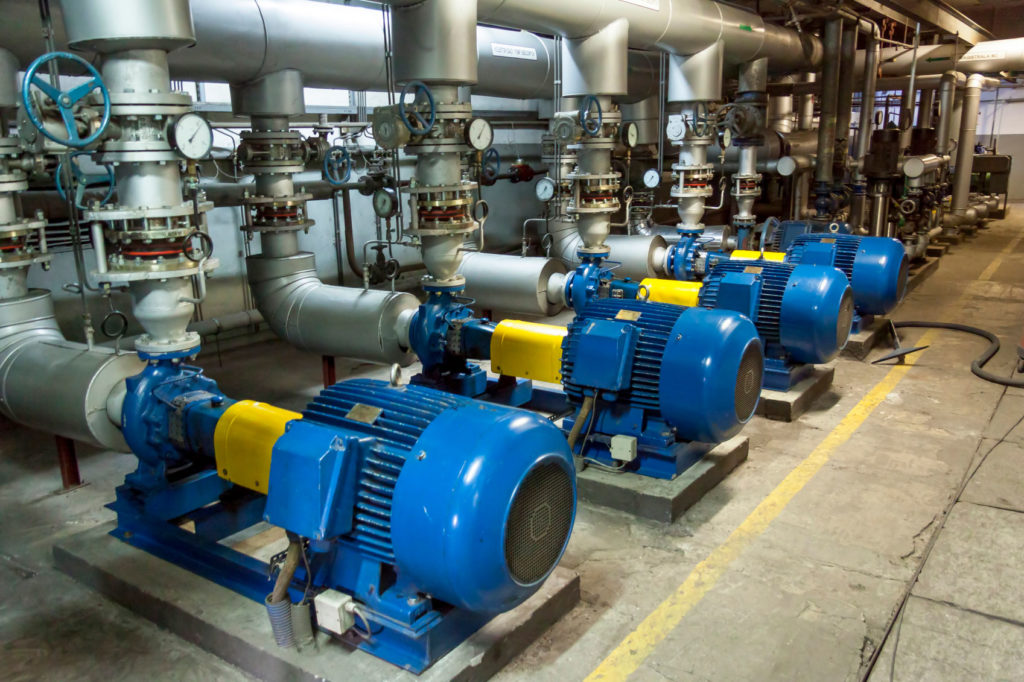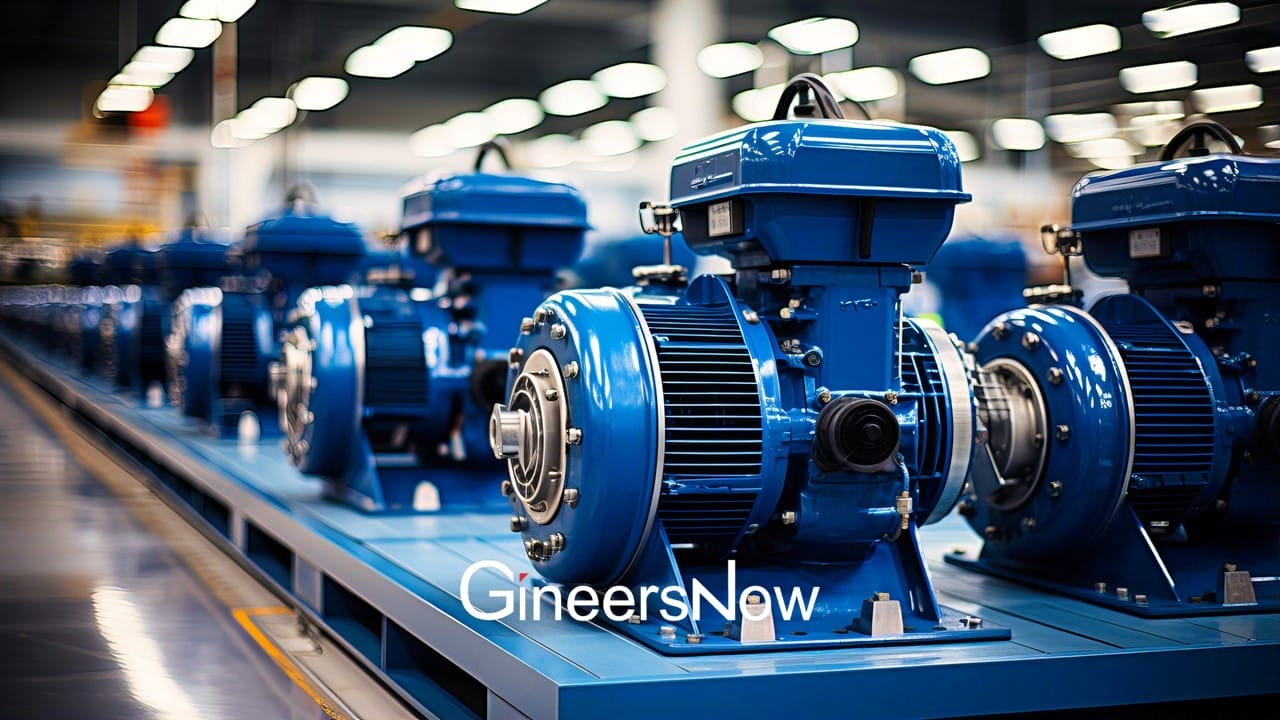Pumps have one particular job to do: move fluid (sometimes gas). But that job has an enormous role in different industrial processes. Since the Egyptians invented the “shadoof,” a widely used irrigation tool during that time, different generations have inclined themselves in developing one of the most powerful machines in the world. Most cities and provinces would be sunken in flood water and farms would not be dry if not because of it.
They come in different sizes and different forms. There are centrifugal pumps and reciprocating pumps which vary in functionality but are both very powerful on their own. A non-technical person might tell their difference based on how their names mean but beyond that is a complex explanation which we will make easier for you to understand.
Centrifugal pumps

- It is also called as rotary pump. It converts rotational energy into kinetic energy to move an impeller through a motor.
- It continuously discharges the fluid.
- In centrifugal pump the flow rate decreases which increasing the pressure.
- It is used for pumping high viscous fluid.
- Discharge is inversely promotional to the viscosity of fluid.
- Efficiency of these pumps are low compare to reciprocating pump.
- Have a problem of priming.
- It uses impellers to transfer energy to fluid.
- They are lighter than reciprocating pumps.
- It gives higher discharge at low heads.
- It is less costly.
- These require less maintenance.
- Centrifugal pumps are easy to install. These required less floor space.
- It is mostly used for domestic purpose and where higher discharge at low head required.
Reciprocal pumps

- It is a positive displacement type pump which is forced by piston.
- It does not discharge the fluid continuously.
- The pressure does not affect flow rate in reciprocating pumps.
- It is used for pump low viscous fluid.
- In reciprocating pump viscosity of fluid does not affect the discharge rate.
- Efficiency is high.
- It does not have any problem of priming.
- It uses piston cylinder device to transfer energy to fluid.
- These are heavier compare to centrifugal pump.
- These gives higher heads at low discharge.
- These are costly.
- These required higher maintenance.
- These are difficult to install. These required more floor area.
- These are mostly used in industries and high viscous fluid pumped at a high head
Follow our Linkedin page for the latest industry news
Want to read article like this, click here
To read the latest GineersNow magazines, click here











